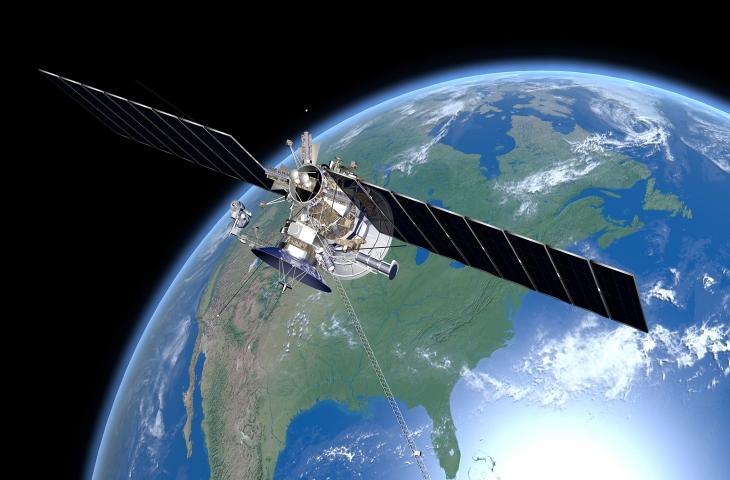MILAN – The new champion of the oceans, the Sentinel-3A satellite, an integral part of the big Copernicus European programme, is in orbit. The Sentinel-3A was realized by Thales Alenia Space, which is a joint venture between Thales (67%) and Finmeccanica (33%) on behalf of the European Space Agency (ESA). It was launched recently from the Pleseck Cosmodrome in Russia, with a Rokot launcher, thus adding to the European constellation of satellites for observing the Earth. The Sentinel-3A satellite will systematically cover all the land and ocean areas. The data collected by the satellite will contribute to improving forecasts on changes in the oceans and the atmosphere.
Sentinel 3-A’s job
The Sentinel 3-A will help us to better understand the condition of our oceans, to manage the fishing industry, agriculture, forestry, biodiversity, water resources, public health, food production and our security, as well as to monitor, in a timely manner, changes in sea levels and the melting the Arctic Sea ice. The launch of Sentinel-3A follows the launching of the Sentinel-1A satellite on the 3rd of April 2014. An uninterrupted supply of data will be guaranteed by the other satellites of the two families, Sentinel-1B/C/D and Sentinel-3B/C/D, all designed by the prime contractor Thales Alenia Space.
The Copernicus programme
The User Driven European Copernicus Earth Observation Programme, formerly known as GMES (Global Monitoring for Environment and Security), is a complex set of systems that collects information from multiple sources, i.e. satellites that observe the Earth and land, sea and airborne sensors. It integrates and processes all this information, providing institutions and the industrial sector with reliable and up-to-date information through a series of services related to the environment, the territory and security. One of the objectives of Copernicus is to guarantee Europe substantial independence in the detection and management of data on the state of health of the planet, supporting the needs of European public policies through the provision of accurate and reliable services. The services are divided into six thematic areas: the land, the sea, the atmosphere, climate change, emergency management and security.
by Alessandro Michielli











